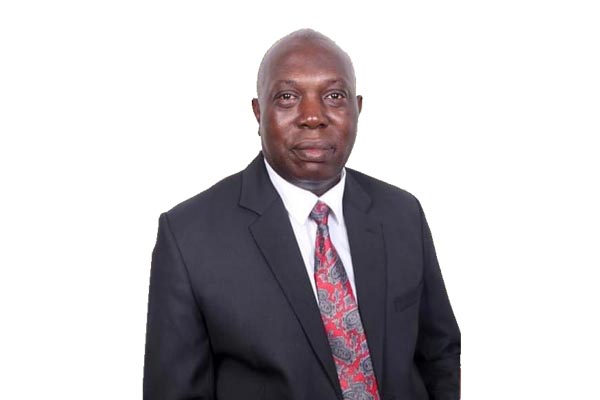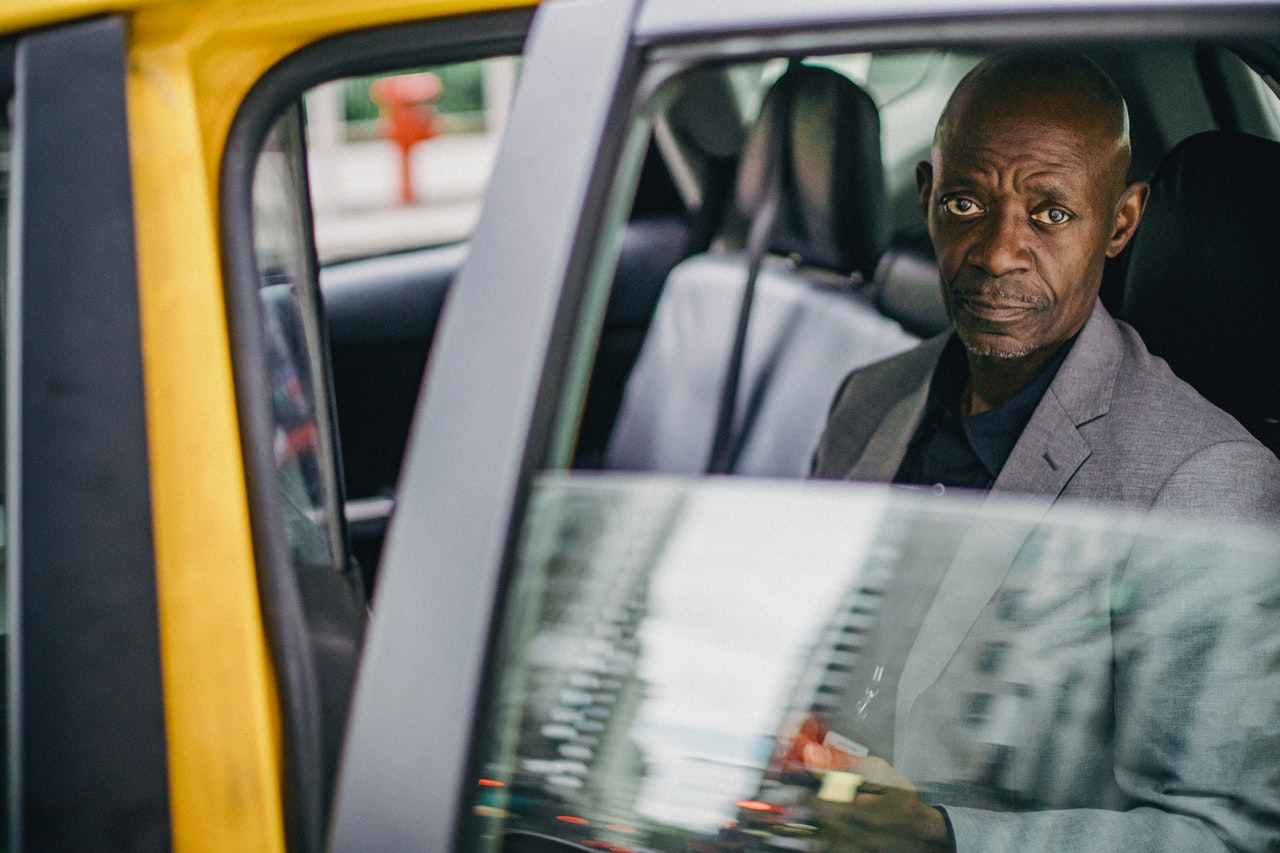On 24th May, 1966, Prime Minister Milton Obote having already arrested five of his rebellious cabinet ministers who had sided with those moving a vote of no confidence in his government, prompting the Buganda Lukiko ( parliament) in retaliation to issue an ultimatum for him to vacate his government from Buganda, his forces, led by a one Idi Amin attacked. They run up to the Mengo palace where President Mutesa, also the Baganda King, calmly, lay waiting. A trained military officer, Mutesa and Idi Amin’s forces wasted no time in engaging fire after fire for the next 12 hours.
Among average Baganda an attack on the Kabaka is personal. Once they heard the thunder of bombs and staccato of shots fired at the palace, thousands rushed out to defend their Kabaka. They were poorly armed though and the superior forces of Amin easily overpowered them. Losing edge, Mutesa who was determined not to surrender like his grandfather, Kabaka Mwanga 11, who had been taken captive by the British aided by their collaborators, against overwhelming fire, scaled up a high palace wall. He fell down with a thud, and in pain. But with his back hurting, holding on to a rifle, he disappeared.
Mutesa’s nemesis, Obote, wanted him dead or alive. At Mutesa’s heels, accompanying him, was one of his most loyal men, Augustine Musoke. Musoke suggested they take cover in the trusted home of his sister, Eva Nsibambi. Mutesa knew she was the wife of a religious man, Simeone, described to some as “Omulokole”! And there they went.
A son in that home has left us an account of what happened. Once he arrived, panting, “my parents prayed for him,” later wrote Apolo, “and gave him lunch. Later on, some people whom we greatly suspected to be Obote’s spies visited our home.” But the Nsibambi artfully lured them away. “It was decided we take the Kabaka to Canon Kigozi’s home across the road,” Apolo adds. This was none other than Peter Kigozi who in 1941 had caused great controversy throughout Buganda when he consented to marry the Namasole ( Queen Mother), the deceased wife of Sssekabaka Chwa, something considered by many as a taboo. But Kigozi had now become a Mulokole ( Born Again Christian) and was under the discipleship of Simeone Nsibambi. From there Mutesa would walk down to Burundi, and make his escape to Britain.
Who was this Simeone Nsibambi? Born in 1897, to Sezi Walusimbi Kimanje, a Saza chief, he started his education at Mengo school. But when World War 1 broke out in 1914 he went to war and served in the African Native medical corps. For his service he was promoted as a sergeant. The war over Simeone joined King’s College Budo, to continue with his education. At Budo his teachers quickly recognized him for his leadership qualities and made him Head Prefect.
After he left school he joined the Buganda government as a Chief Health officer. It is said that following a disappointment of being turned down for an overseas scholarship Simeone committed his life to Jesus. In the late 1920s, after a deep and personal religious experience, he teamed up with a British missionary, Joe Church, who was based in Rwanda where a movement calling on the Anglican church members to repent and embrace salvation had started. The pair now stormed the church, considered cold, with a revival message of “repent and get saved”!
This was the birth of obulokole ( Born Again) movement in Uganda. Their revival message soon fanned across the borders, extending to the rest East Africa and eventually all over the world. In Uganda it was headquartered in the home of Simeone and Eva. Back on August 25 1925, Simeone had married Eva Bakalubo, the eldest daughter of Elasto Bakaluba, a magistrate in the Buganda government.
Eva and Simeone’s first child was a girl born on July 5th 1926, whom they baptized as Janet Nakku. She was followed by a boy they baptized Phillip. Then came John.
Those who knew something of Simeone’s leadership capacities could imagine him ending up as a Kattikro, ( Buganda Prime Minister). However, once he committed his life to Christ, he gave up his government career, even after being offered to become a Deputy County Chief. He was now a fulltime preacher. But as an educated Christian he knew the value of being schooled. In 1938, his third born, was sent to his alma mater, King’s College Budo where he would remain up to 1949.
Among those in John’s class year were two brilliant boys going by the names of Mayanja. One was Mayanja Nkangi, later to become Buganda’s Prime Minister and a Central government minister. There other was Abu Mayanja, later to become a founding father of the nationalist movement in Uganda, Buganda government minister and once Prime Minister of Uganda.
John carried some of his father’s leadership qualities and, at Budo, was appointed a Prefect. When the eighth born child of Eve and Simeone, joined the school, called Apolo, everyone could notice a lot of his father in him. He was highly organized, a strict time keeper, and very forthright. Like his father he was appointed Head prefect.
John left Budo to study medicine at the London University, which had an extension at Makerere University. After graduating as one of the early African medical doctors in East Africa, following his specialist studies in UK, he returned and joined Mulago hospital. These early African Mulago doctors were highly exceptional individuals who all excelled in their specialties. For example, to cite a few, there was Jovan Kiryabwire, who had studied in Britain to return home and become the first African neurosurgeon in East and Central Africa. There was Sebasatian Kyalwaazi, who would became the first African surgeon in the region too. For John he was a dermatologist, certainly one of the first in the region, just as well.
A young doctor fresh from Britain was easily an eligible bachelor. Unlike some of his brothers, like Ezekiel Kimanje the fifth born who had become a famous journalist, or the vivacious Pilkington Sengendo, ninth born, who became a professor of art, John was much quieter. According to a story told to me by my Aunt, Lillian Binaisa Mukwaya, after noticing he was single and seeking, “I decided to connect John to Solome!”
Solome Nabulya was the beautiful daughter of Taata muto (Uncle) Bulasio Mukasa Kavuma, a leading Buganda government official, Omuwanika ( Chief of the Treasury). A little while back Solome had returned from her studies in Britain. She had something in common with John. She was a nurse. The arrangement hit off. In 1961, John and Solome, were joined hands in marriage at Namirembe, their parents on both side witnessing the event.
The couple were soon blessed with three children: daughters Rose Nanteza and Gertrude Zawedde; and a son, who was named after his grandfather, Simeone. In the 1970s following the breakdown of Uganda’s medical infrastructure the family was forced out into exile. They moved to Kenya and Ethiopia but their heart was ever in Uganda. After the fall of Amin, in the 1980s, John returned home, with the family, but this time decided to set up a private clinic, that specialized in skin care.
Osler Clinic, based at Namirembe, became renowned for treating skin disease. Many children taken there suffering from seemingly incurable ailments, like eczima, where amazed, at how through Dr Nsibambi’s skillful hands the pain of their skin was relieved. He normally sat behind a desk and calmly kept receiving patients through the day. In an adjacent room sat Solome, eager to assist. The two were inseparable.
Early one morning in 2018 Solome, called me with the sad news that Zawedde had passed on while in UK. In the evening I went to attend prayers in the very home where Simeone and Eve had once sheltered Kabaka Mutesa. At that meeting the brethren gathered could not help but express some of their joy at a rather difficult moment. In attendance was also Apolo, who after a long exciting academic career culminating as a Professor of political science, had just retired as Prime Minister of Uganda, and lived across the road.
“John and Solome we are all grieved at the death of your beloved daughter,” Zebuloni Kabazi the leader of the fellowship said. “But there is something I want to say here.” Although he had as a little boy confessed salvation in Christ, somewhere, John had backslid. Apolo, too, who had also confessed salvation in Christ, as a little boy, somewhere, had also backslid. But then over time John had recommitted his life to Christ. A few years back Apolo had returned to the fold. “For a long time the Balokole fellowship used to pray for both of you John and Apolo to know Jesus personally as Lord and Savior. We could not imagine that the fellowship your father founded could be true to itself without you being there. In fact our hearts were always heavy without seeing any of you. Always we had seats reserved for you. But we are now gratified that you the heir of Simeone and the former Prime Minister of Uganda are all members of the Balokole. How we praise God!”
The service broke into the old revival song, “Tukutendereza Yesu!”
Although devastated by the loss of their daughter, John and Solome, now in their eighties continued to work side by side, at their Osler Clinic. But early one morning of 3rd December, 2019, Solome awoke feeling chest pains. John rushed her to Nsambya hospital and she was admitted. But then, suddenly, she passed on.
At Solome’s funeral service at Namirembe, John, shaken, wondered aloud, how he was going to cope without his wife of 58 years. He lost the energy to continue on with his clinic and, at 89, the calm skin doctor who was still in high demand closed shop, and quietly retired to his home in Bulange. With his son Simeone far away in the US, Rose, who was based in UK, decided to relocate, to attend to her ailing father. His health weak, in September, 2020, John received a blow when his eldest sister Janet, passed on in the US, where she had since relocated to be near her son, the famous musician Samite Mulondo.
Out of the 12 children of Eve and Simeone, John was now the only one living.
On Saturday, June 26th, 2021, at about 3 pm, John, slipped way, in the very house where Simeone and Eve would once gladly receive the brethren from all over Uganda and the world to strengthen them in their faith journey. It was an end of a great chapter. And knowing the faith of all those who passed through that house, who had gone ahead, there is no doubt there are all now singing praise, “Tukudereze Yesu!”










